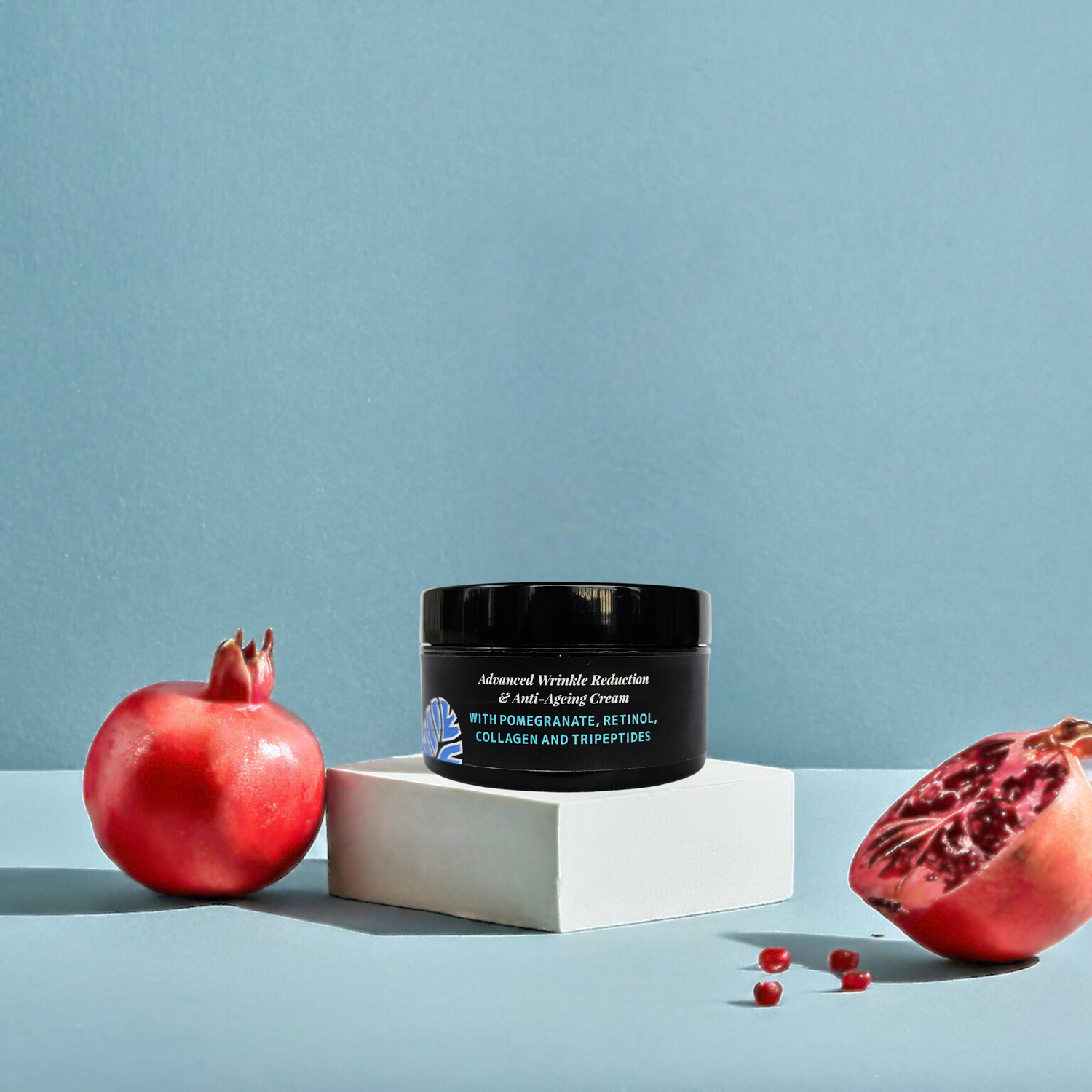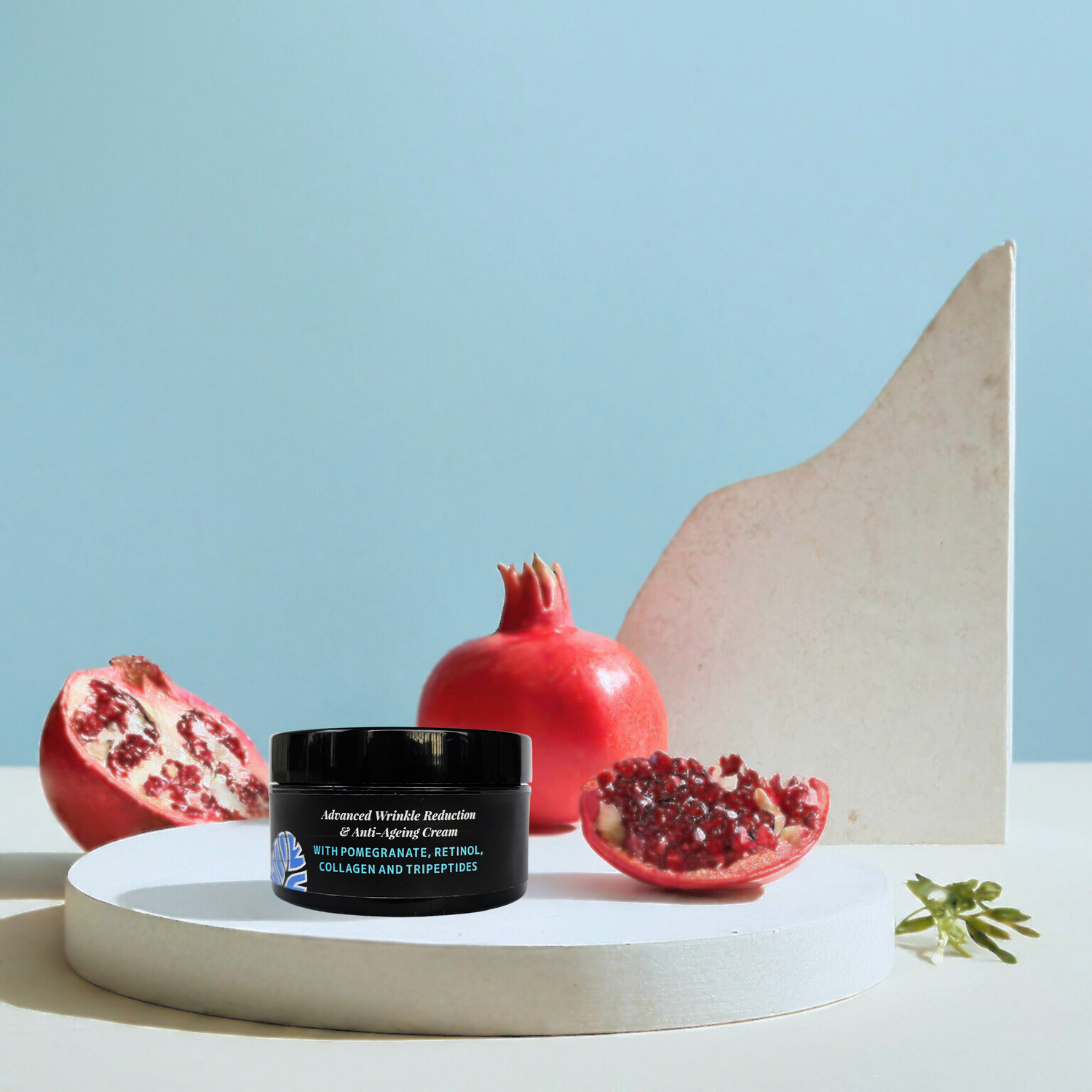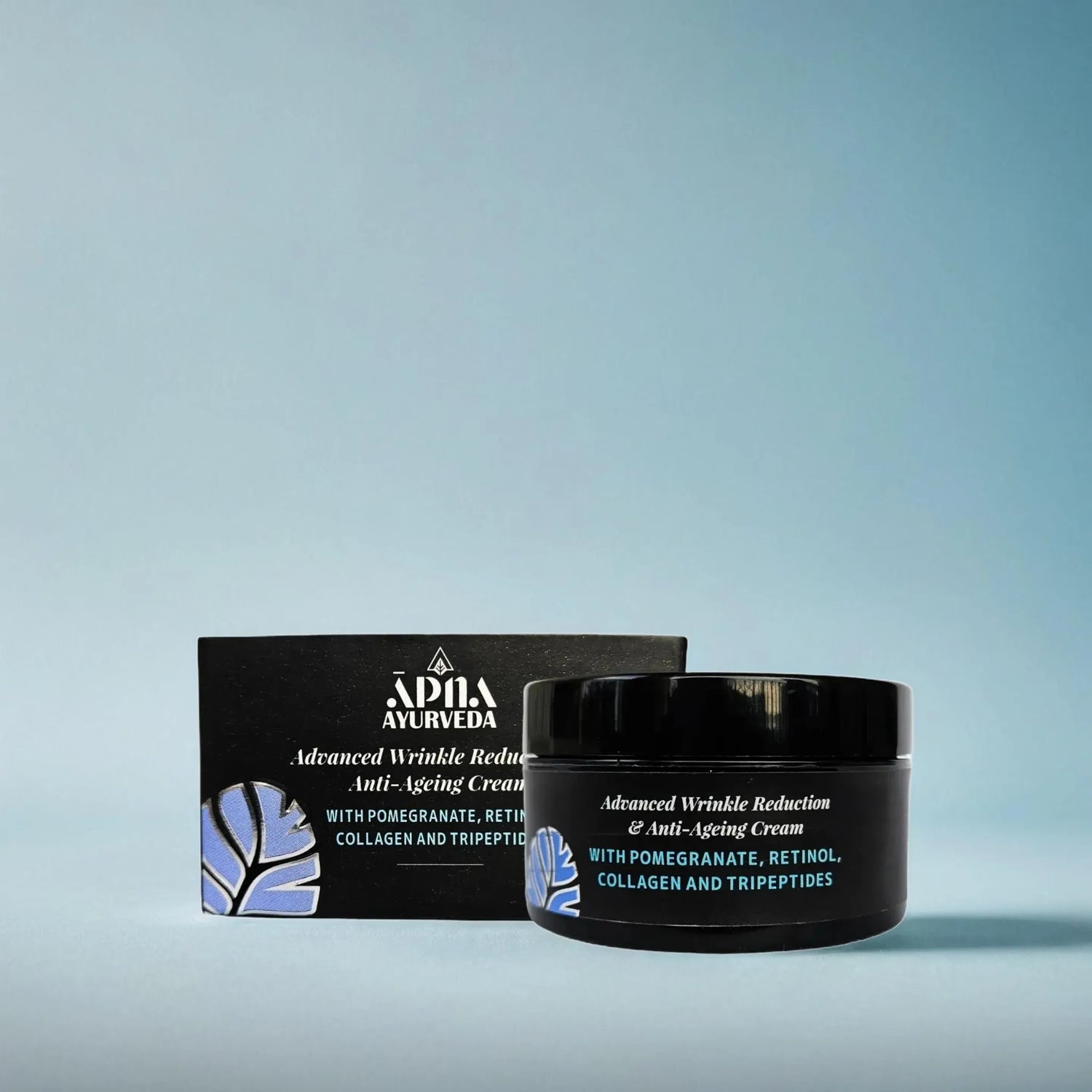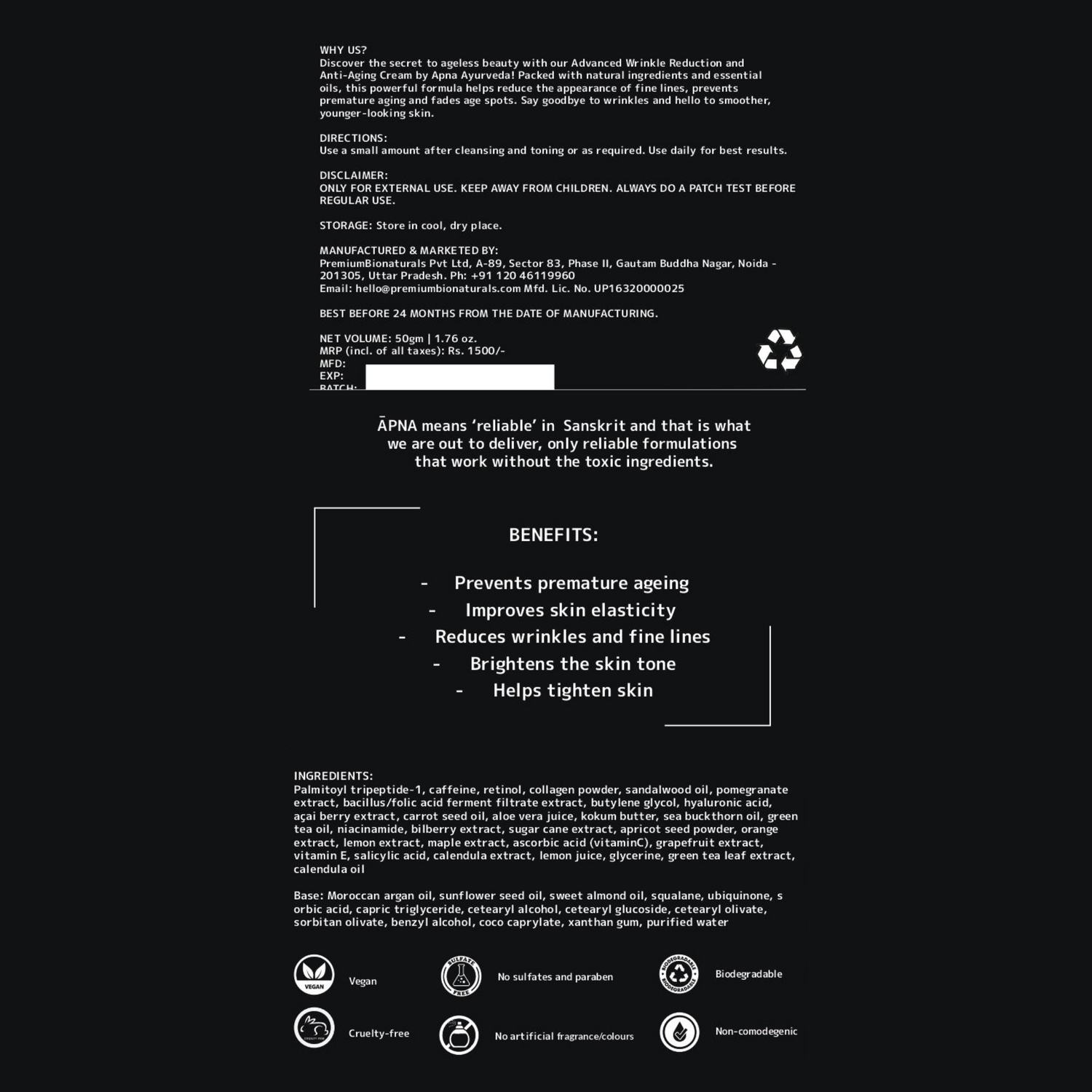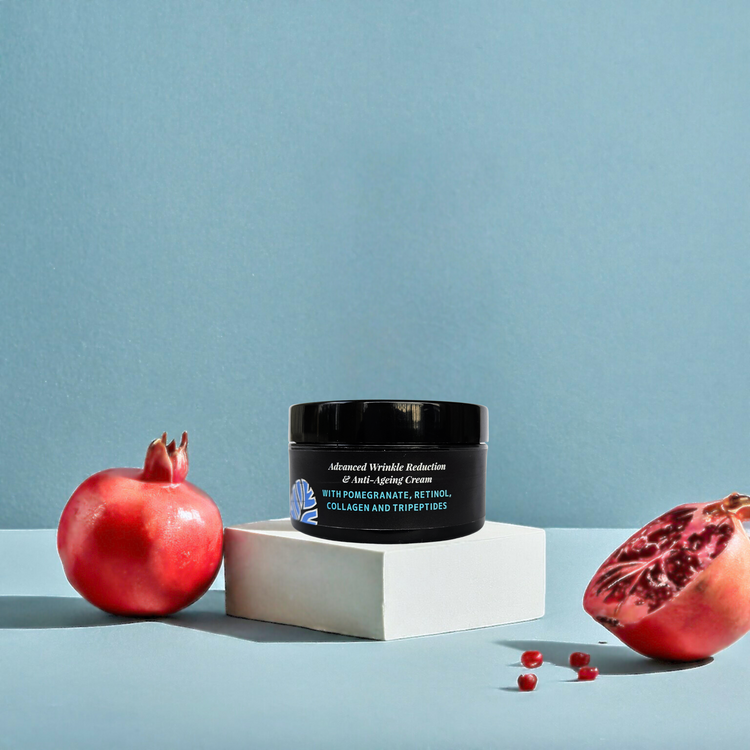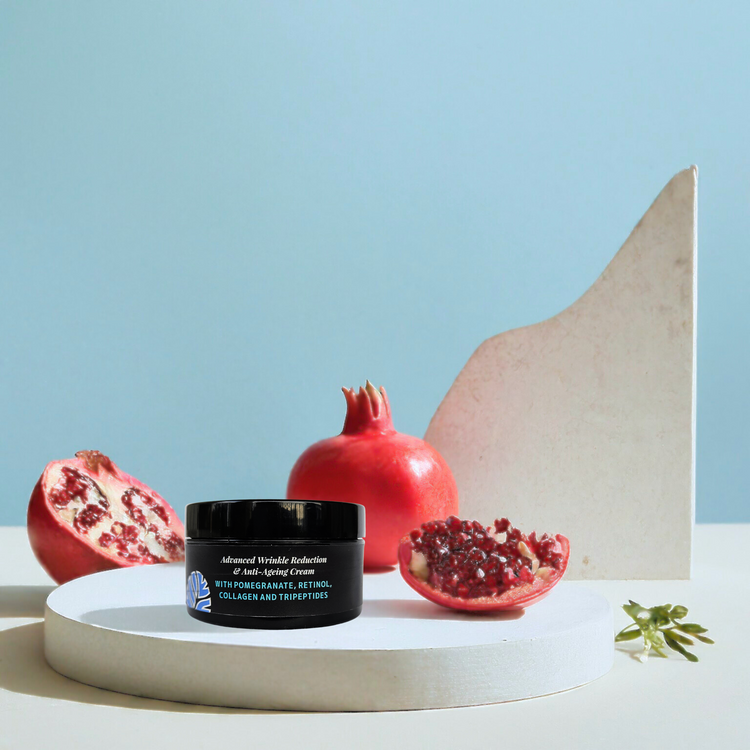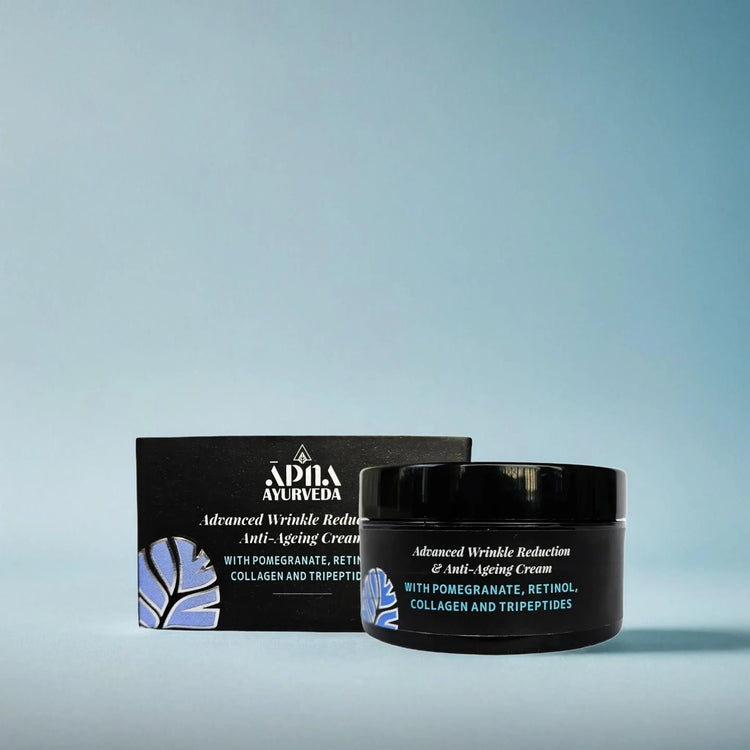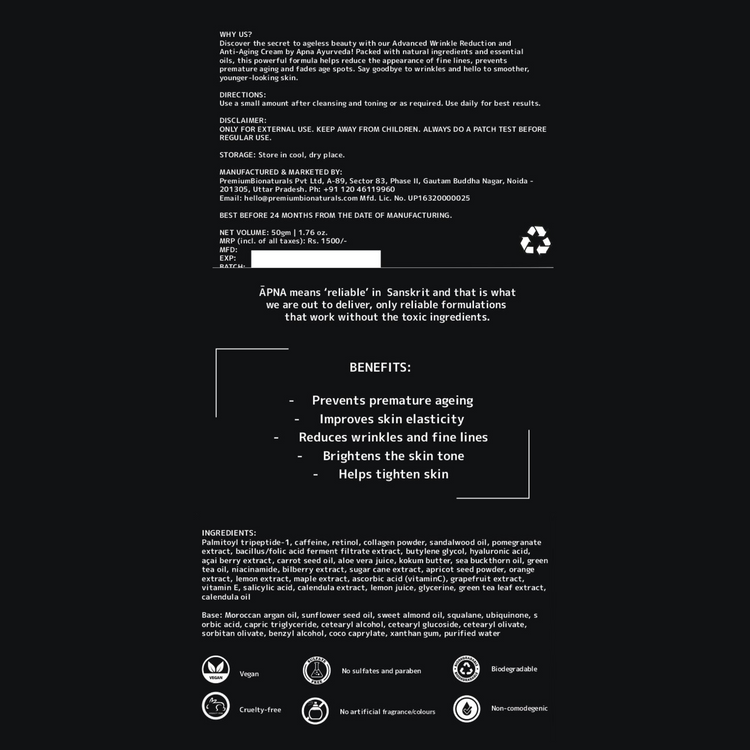In our 20s and 30s, it’s easy to think that signs of ageing like fine lines and wrinkles are still far away. Although everyone ages differently, skin ageing typically involves the development of fine lines and wrinkles, loss of elasticity, rough texture, and discolouration. But did you know that early care can make all the difference in keeping your skin youthful and radiant? So, when should you start using anti-ageing products like anti-wrinkle creams?
Understanding the Early Signs of Ageing in Your 20s and 30s
Most people think that signs of ageing start in their late 30s or 40s, but subtle changes can begin as early as your 20s. Here’s what to look out for and why a proactive approach helps.
- Early Fine Lines: Often appearing around the eyes and mouth, these are the first signs of ageing.
- Loss of Elasticity: As collagen production slows, skin may start to feel less firm.
- Discolouration: Sun exposure and hormonal changes can lead to spots or uneven skin tone.
Starting small with gentle anti-ageing skincare products, like a good anti-wrinkle cream, can keep these early signs in check, so they don’t progress too quickly.
When to start anti-ageing skincare?
It is recommended that all adults should use a moisturiser and sunscreen every day — two important anti-ageing products that help to protect the skin from UV rays and keep it smooth and supple.
- It is also recommended that people establish an effective anti-ageing skincare routine in their 40s and 50s.
- This includes using a moisturiser that is labeled as anti-ageing and sunscreen.
However, much earlier than this, people can use other products known for their anti-ageing properties, such as hyaluronic acid, retinol, and vitamin C. This is because they may also be anti-inflammatory, moisturising, or brightening.
Is it ever too early or too late?
Some experts recommend that people start using anti-ageing products as early as their 20s.
- However, this does not mean that people in their 20s need to purchase an anti-wrinkle cream specifically.
- There are plenty of skin care products containing active ingredients that help to brighten and plump the skin, without being labeled anti-ageing.
- People going through menopause may notice wrinkles appearing more quickly.
Older people can experience skin problems such as dry skin, itching, and age spots alongside wrinkles. Daily moisturising can help soothe the skin, while daily sunscreen can protect the skin and prevent it from developing age spots.
How do skin actives work?
We did a market survey and here are some of the most effective anti-ageing skincare ingredients for people to know about:
- Vitamin C (L-ascorbic acid): Brightens tired or dull-looking skin and protects it from environmental damage, such as pollution, free radicals, and UV rays.
- Hyaluronic acid: Acts as a humectant, binding moisture to the skin to plump up the skin’s appearance.
- Retinoids (retinol): Stimulates the production of collagen and elastin in the skin, reducing the appearance of fine lines and wrinkles. Our Āpna Ayurveda Advanced Wrinkle Reduction cream also contains Retinol and helps in reducing fine lines.
- Alpha-hydroxy acids (AHAs): Brighten the skin and boost the renewal of skin cells. AHA peels, also known as glycolic peels, can help address sun damage and hyperpigmentation, as well as fine lines and wrinkles.
- Copper peptide: Boosts the production of collagen and elastin, as well as acting as an antioxidant. It may be particularly useful during menopause as collagen levels decline.
Building an Anti-Ageing Routine That Grows with You
Starting early with anti-ageing skincare doesn’t mean your routine has to stay the same forever. Here’s how to evolve your routine as you age:
- In your 20s: Stick to the basics, focusing on hydration and protection with SPF.
- In your 30s: Incorporate more targeted anti-wrinkle cream and ingredients like retinol to address early wrinkles and loss of elasticity.
- In your 40s and Beyond: Add richer, hydrating creams, as skin becomes drier over time, and consider the best skin tightening products for extra lift.
Adapting your routine ensures your skin gets what it needs at each stage, keeping it vibrant for longer.
Lifestyle changes
It is also recommended that people consider the following lifestyle practices to improve the appearance of their skin and prevent premature skin ageing:
- Wearing an SPF of at least 30+ every day and avoiding the sun.
- Refraining from tanning beds or other indoor tanning equipment.
- Stopping smoking and drinking less alcohol.
- Avoiding repetitive facial expressions, such as squinting — sunglasses can help.
- Exercising and eating a healthy balanced diet.
- Cleansing the skin twice a day, gently, without scrubbing.
Frequently Asked Questions:
Q1) Why start using an anti-wrinkle cream at 30?
A) Living life in the fast lane, hectic days, stress, and lack of sleep can all leave their mark on your face. To prevent the first signs of ageing, anti-wrinkle cream is important.
Q2) What should I do at the first signs of ageing?
A) To combat the first signs of wrinkles and fine lines, maintain a proper anti-ageing skincare routine.
Q3) How do you know you have mature skin?
A) It will look drier and finer than usual, it will look dull and more fine lines and wrinkles will be appearing.
When it comes to anti-ageing skincare products, there’s no “right” age to start, but there are definitely benefits to starting early with small steps. Listen to your skin’s needs and gradually incorporate anti-wrinkle creams like our Āpna Ayurveda Advanced Wrinkle Reduction cream. Whether you prefer anti-ageing homemade remedies or tried-and-tested products, the goal is healthy, glowing skin that ages gracefully.


